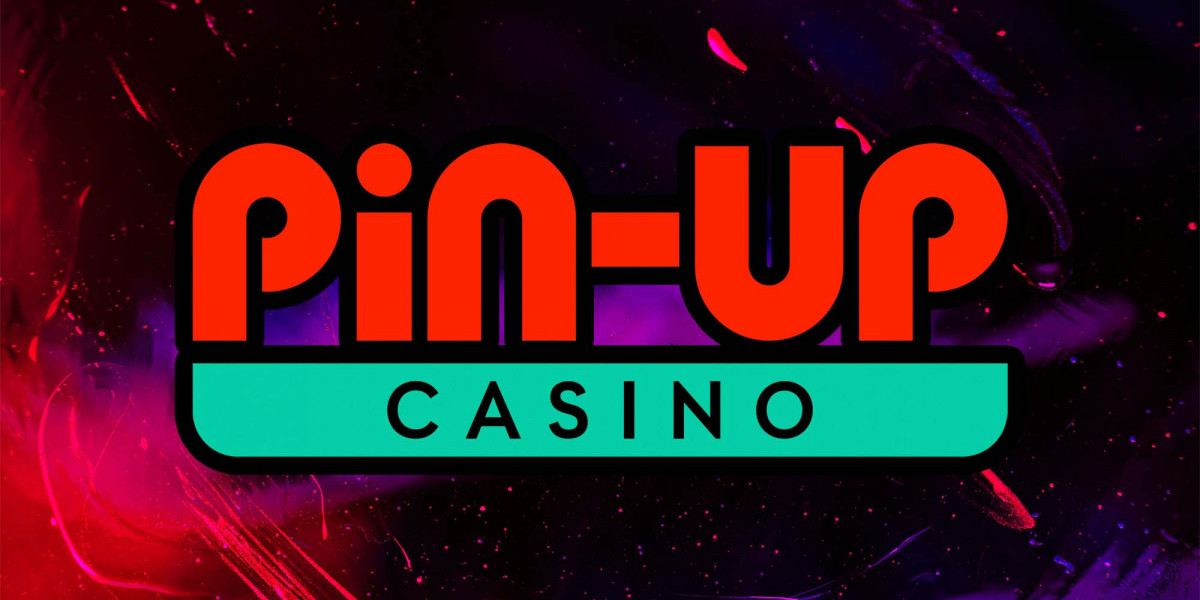Intro
If you are looking to build muscle on a vegan diet, you may be wondering how to optimize your nutrition for the best results. The key to success lies in understanding the fundamentals of a vegan bodybuilding diet. By focusing on the right macronutrients, protein sources, meal planning, hydration, and supplements, you can achieve your fitness goals without compromising your plant-based lifestyle. In this blog post, we will explore the essential tips and tricks for beginners who are new to the world of vegan bodybuilding diet.
Understanding Your Macronutrient Needs
Embarking on a vegan bodybuilding journey necessitates a keen focus on macronutrients—proteins, carbohydrates, and fats—to bolster muscle development and recovery. An optimal mix might look something like 30% of your calories coming from protein, 50% from carbohydrates, and the remaining 20% from fats. However, this is a flexible template, allowing adjustments to suit your specific fitness objectives or dietary preferences. Recognizing how these macronutrients work together is crucial. Protein supports muscle repair, carbohydrates provide the necessary energy for intense workouts, and healthy fats contribute to overall well-being and hormonal balance, which is pivotal for muscle growth. While this guideline serves as a solid foundation, personalization based on your body's response and progress is key to achieving the desired outcomes in muscle building on a plant-based regimen.
The Best Protein Sources for Vegan Bodybuilders
Navigating the landscape of plant-based nutrition, vegan bodybuilders have a variety of protein-rich foods at their disposal. Legumes such as beans and lentils stand out for their high protein content, offering a dual benefit of fiber which is essential for digestive health. Tofu, tempeh, and seitan provide a meaty texture and are versatile in recipes, making them staples in a vegan athlete's kitchen. For those seeking a protein boost with added health benefits, quinoa and hemp seeds are excellent choices as they contain all nine essential amino acids, making them complete proteins. Additionally, these seeds are rich in omega-3 fatty acids, which are beneficial for inflammation and recovery. Incorporating a diverse array of these proteins ensures not only that muscle repair and growth needs are met but also that the diet remains interesting and nutritionally varied. Experimentation with different preparation methods, such as marinating, grilling, or blending into smoothies, can enhance the enjoyment and nutritional value of these protein sources. Balancing these foods throughout the day can optimize amino acid intake and support the rigorous demands of bodybuilding on a vegan diet.
Meal Planning and Preparation Tips
Mastering the art of meal planning and preparation is a cornerstone for thriving on a vegan bodybuilding diet. Organizing your meals ahead of time ensures that you always have nutritious options on hand, helping you stay on track with your fitness and dietary goals. Begin by setting aside a few hours each week to batch cook basic components of your meals, such as grains, legumes, and a variety of vegetables. This approach not only saves time but also reduces the temptation to reach for less healthy, convenient options when hunger strikes.
Diversifying your diet is crucial, so aim to include a rainbow of fruits and vegetables to benefit from a broad spectrum of vitamins, minerals, and antioxidants, which aid in recovery and overall health. Get creative with your protein sources, experimenting with different beans, seeds, and plant-based meat alternatives to keep your meals interesting and fulfilling. Planning your meals around your workouts can also optimize muscle repair and growth; consider consuming meals with a higher carbohydrate content before intense training sessions for energy, and focus on protein-rich foods post-workout to aid in muscle recovery.
By utilizing tools such as meal prep containers and a well-structured meal plan, you can streamline your food preparation process. This strategy not only reinforces your commitment to a plant-based bodybuilding regimen but also ensures that you are adequately fueled for both your workouts and your day-to-day activities.
Staying Hydrated and Supplements
Hydration plays a pivotal role in enhancing your performance during workouts and facilitating recovery afterward. Drinking ample water throughout your day is crucial for maintaining energy, avoiding muscle fatigue, and helping in the efficient transportation of nutrients to your muscles. Aim to consume fluids consistently, not just during and after your workouts, to keep your body optimally hydrated.
For those on a vegan bodybuilding diet, certain supplements can be instrumental in maximizing muscle growth and ensuring you meet all your nutritional needs. Incorporating a high-quality vegan protein powder can make meeting your daily protein requirements easier, especially on busy days or after a workout. Branched-Chain Amino Acids (BCAAs) are vital for muscle repair and growth, and a vegan BCAA supplement can support those intensive training sessions. Creatine, sourced from vegan-friendly options, can enhance strength and improve workout performance, while Vitamin B12, often challenging to obtain from a vegan diet alone, is essential for energy production and can be supplemented to prevent deficiency. By thoughtfully integrating these supplements, you can support your bodybuilding goals and maintain a balanced vegan diet.
Common Pitfalls to Avoid
Avoiding certain pitfalls is crucial for beginners embarking on a vegan bodybuilding diet. Underestimating caloric needs is a common oversight that can significantly hamper muscle growth and overall progress. It's imperative to calculate and consume the necessary calories that align with your bodybuilding aspirations. Equally, ensuring the diet comprises enough high-quality, plant-based protein sources is essential to meet the demands of muscle repair and growth. Many new to the vegan bodybuilding scene may inadvertently lean towards convenience by opting for processed vegan foods. While these can save time, they often come packed with added sugars and unhealthy fats, potentially derailing nutritional goals and affecting body composition. To sidestep these obstacles, prioritize whole foods, and track your intake to ensure your diet supports your bodybuilding journey effectively.







